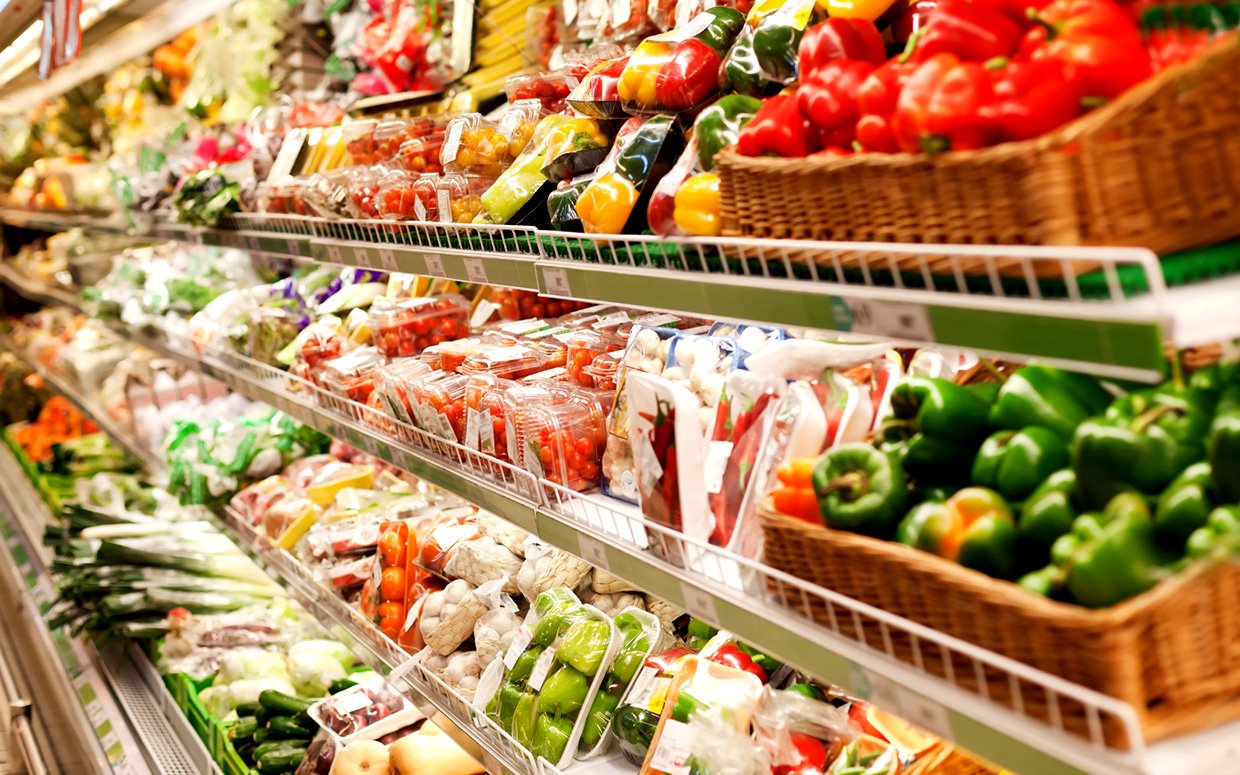
SUPERMARKETS
For too long, Australian shoppers have used the word “local” when talking about farmers and locally grown produce. Hence the popularity of farmers’ markets, which are indeed a delight. Let’s not limit our language to produce. For in the right kitchen, “local” can take on any number of meanings. Consider the rich tapestry of producers and products that come to life every day within a 25-mile radius of the typical Australian home:
- That corner restaurant that specializes in the very best organic cauliflower soup.
- Your neighborhood bakery that worships at the altar of “gluten free” and painstakingly produces these items in the safest of environments.
- The regional caterer that creates specialty items and delivers them in packaging constructed from recyclable items.
- Homemade jams and jellies, pickles and relishes, pastas and salsas.
- Farm-to-table herbs.
For the smart retailer, these products present a golden opportunity. The smart retailer will join forces with these independent inventors, and producers and feature their food in their stores. Do you need more customers? Then partner with a local manufacturer. Want to strengthen your relationship with existing customers? Again, partner with a local manufacturer. Once a customer becomes savvy, they begin to see your store as more than just a building to fill up a shopping cart. Your store becomes a brand — a temple that offers endless ways to prepare the freshest, most delicious meals for one’s family. – and where they knew that they can find something different – something of quality – and with value to them. These strategic partnerships allow retailers to “grow the pie” while supporting our local community. For retailers, non-commodities don’t compete on price, so selling them is a profit-producer. For manufacturers, by gaining greater exposure, they sell more products. It’s a win-win. Now, none of this is easy. Actually, it’s much easier to stay the course than to embrace change. Supermarkets face unique challenges in selling local products. They have traditionally favoured large suppliers, capable of reliably providing a large volume of product and who have large marketing budgets to pay supermarkets for advantageous product placement. The introduction of local products in supermarkets can create special hurdles in delivery, extra work regarding the need for individual contracts and invoicing, and a need to differentiate local products that must be placed near high-volume products, forcing the two to compete on price. On the other hand, local products provide customers with a more personal connection to the community and to their food. As we see in every industry today, companies that stagnate ultimately die a slow death. By contrast, those that innovate, those that wake up every morning thinking up new ways to perfect the customer experience — those are the companies that are gaining market share. Here is your golden opportunity to standout from other retailers – and produce more sales for a bigger pool of regular customers, who appreciate your unique range of quality products. Mathew Hartley Supermarket Specialist Business Broker



